Gov to Withhold UK BDUK Broadband Funds if Councils Fail to Publish Data
The UK government’s culture secretary, Maria Miller, could withhold an extra £250m of rural superfast broadband (25Mbps+) funding from local authorities unless they do as she requested and publish vital BT coverage information. The data is needed to help smaller ISPs (altnets) build their networks and access £20m of RCBF funding.
One of the key problems right now is that smaller ISPs and community schemes are currently stuck in limbo as they wait to secure grants from the £20m Rural Community Broadband Fund (RCBF), which was separately setup to help make superfast broadband available in the last 5-10% of rural areas around the United Kingdom.
But state aid rules prevent publicly-funded projects from overbuilding other superfast networks, which causes problems for smaller ISPs because local coverage data for the dominant £1.2bn Broadband Delivery UK (BDUK) and BT rollout has not been published (i.e. smaller ISPs have no idea whether the areas they were targeting would also be covered by BDUK). BDUK aims to help extend superfast broadband coverage to 88% of the country by the end of 2015 and to hit 95% by 2017 (here).
Local authorities typically control this information and some have been reluctant to publish all of their data due to fears of a public backlash by those in areas that would not benefit (i.e. the final 5-10%). In addition, BTOpenreach usually takes several months, after a BDUK contract has been signed, to complete a detailed survey before finalising their coverage and rollout strategy.
Never the less the RCBF will not release funding unless they know the money will be spent in areas where overbuilding is not going to occur. So last month Miller sent a letter to local councils that politely encouraged them to reveal which areas would receive a superfast broadband upgrade from BT as part of the BDUK scheme (here).
Maria Miller said (July 2013 Letter to Councils):
“This information will help other broadband providers and community groups determine whether it is worth their while to develop local broadband projects to fill in gaps in coverage. It will also help clarify the position of those community broadband projects whose schemes are already planned in some detail. I am keen to see this information made available.”
Since then we’ve not heard any reports of this happening, which might just be down to the generally slow pace of decision making by local councils. Now a new report in the Telegraph claims that Miller could potentially withhold the release of an extra £250m from local authorities that fail to publish the relevant coverage data.
A DCMS Source told the Telegraph:
“There is a £250 million investment to be made and it is only logical that it will be much more difficult for us, and the market, to factor in those local authorities that refuse to be transparent about their plans.“
In other words the £250m from BDUK would only be distributed to councils that agreed to publish all of the relevant information and to make clear any data/coverage areas that are potentially subject to change; BT’s rollout plan can vary depending on their survey outcome and any unexpected problems or improvements discovered on the ground during deployment.
Many local authorities could benefit from a slice of that £250m and hopefully this proves attractive enough for them to publish the information. In reality it probably won’t solve all of the problems as a significant chunk of the information could still be marked as subject to change, which adds ambiguity and leaves RCBF with another headache. Time will tell.
Mark is a professional technology writer, IT consultant and computer engineer from Dorset (England), he also founded ISPreview in 1999 and enjoys analysing the latest telecoms and broadband developments. Find me on X (Twitter), Mastodon, Facebook and Linkedin.
« Do Big UK ISPs Really Plan to Block Website Forums and Swearing
Latest UK ISP News
- FTTP (5533)
- BT (3518)
- Politics (2542)
- Openreach (2299)
- Business (2267)
- Building Digital UK (2247)
- FTTC (2045)
- Mobile Broadband (1978)
- Statistics (1790)
- 4G (1669)
- Virgin Media (1621)
- Ofcom Regulation (1466)
- Fibre Optic (1396)
- Wireless Internet (1392)
- FTTH (1382)
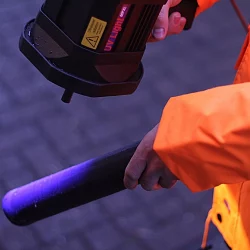

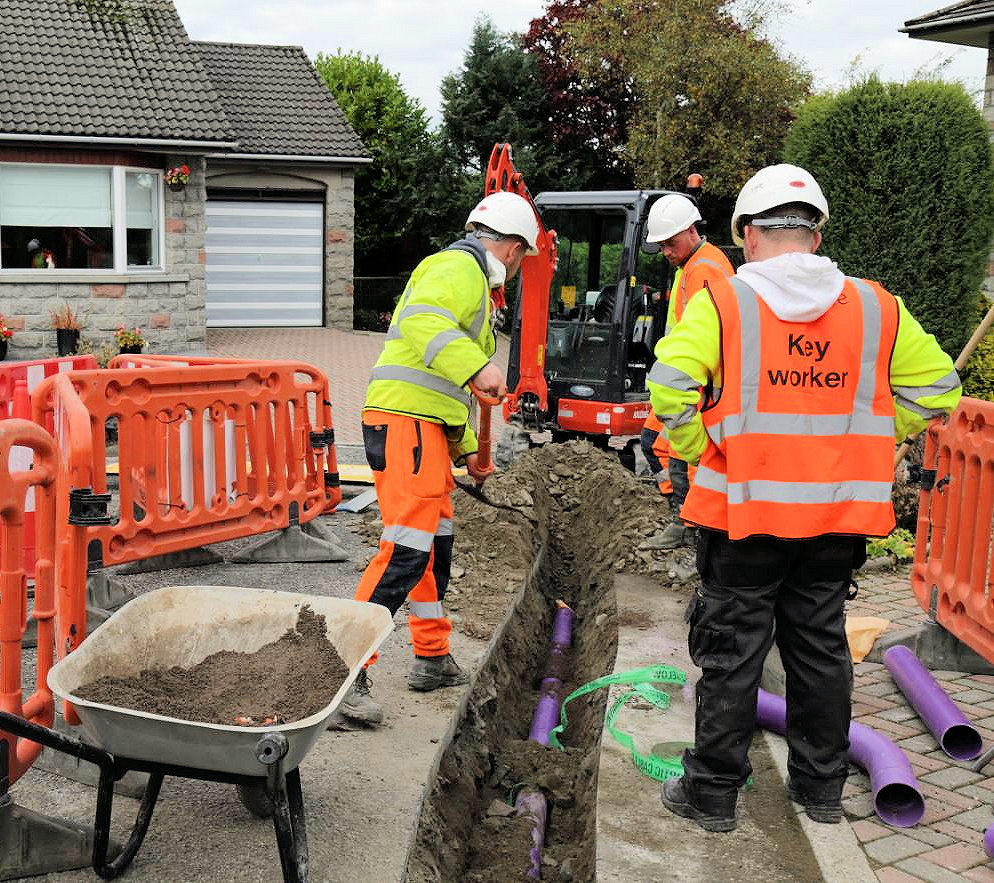

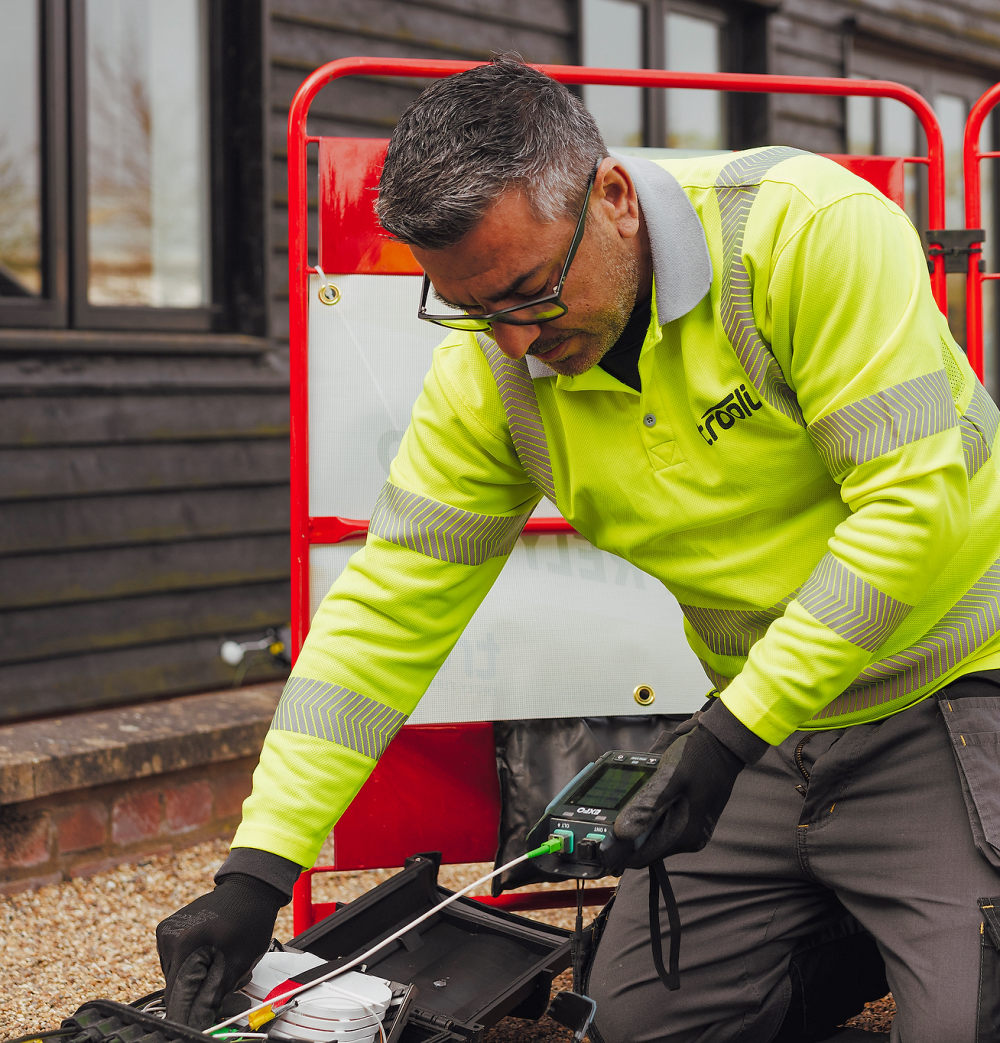
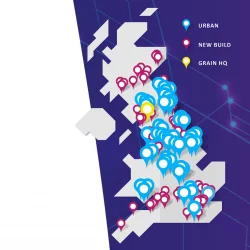











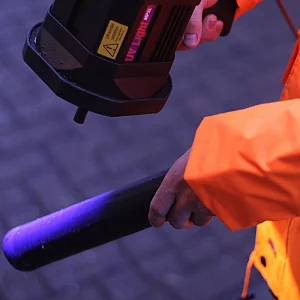

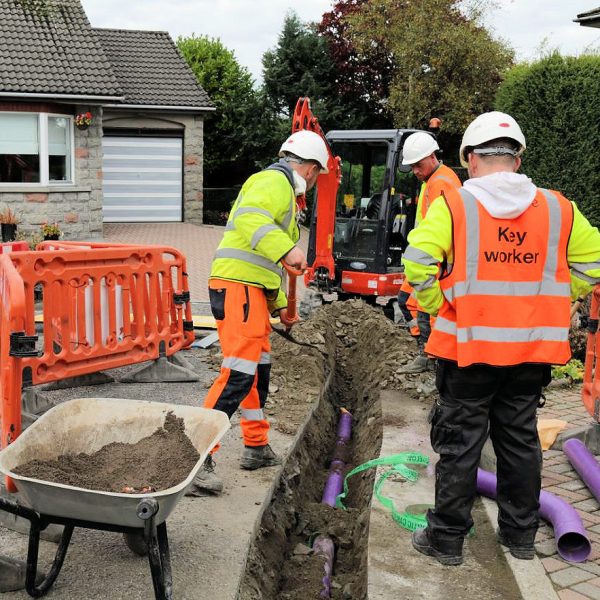

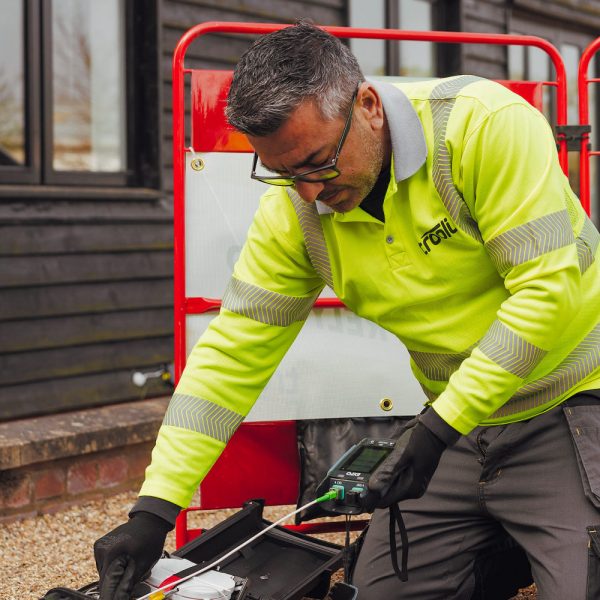


































Comments are closed